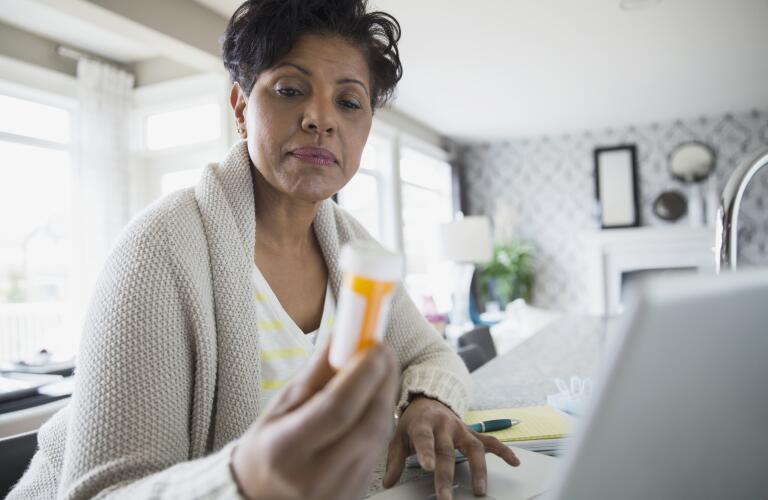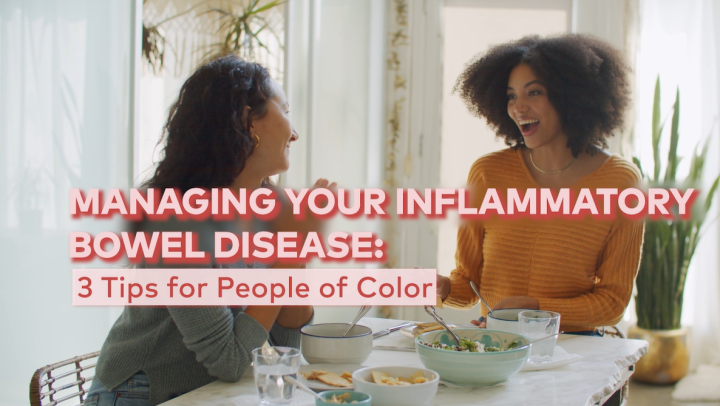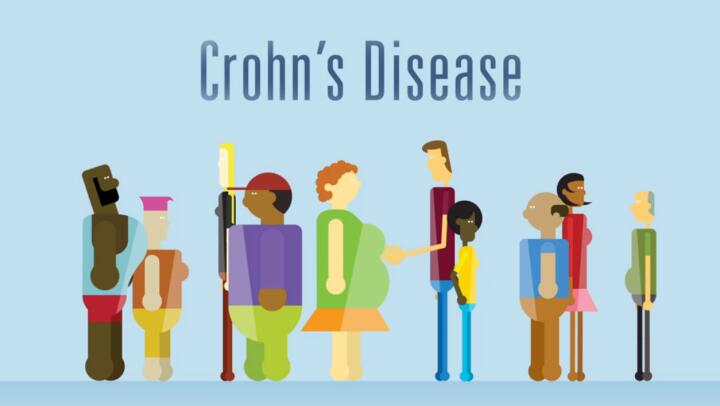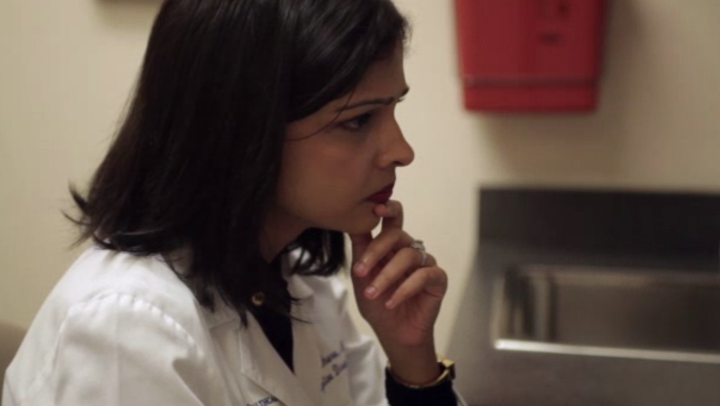
Medication is the primary form of treatment for ulcerative colitis (UC). It can be quite effective in relieving symptoms. But medication treatment plans can vary dramatically from person to person, and there are a host of different drugs used to treat the disease. To help you better understand how medication can help achieve remission, below are answers to six common questions.
1. My doctor prescribed 5-aminosalicylic acid (5-ASA). What can I expect from the medication?
Aminosalicylates are a type of drug that contains 5-aminosalicylic acid (5-ASA). Common examples include sulfasalazine and mesalamine. They are often prescribed to people with mild to moderate UC as a first line of therapy. They may also be used to help people maintain remission.
Aminosalicylates decrease inflammation in the lining of the gastrointestinal tract. They are prescribed in topical (rectal suppository or enema) or oral forms and relieve symptoms for many people. In fact, research shows that if taken as prescribed, they can control UC symptoms in up to 80 percent of people.
Common side effects include headache, joint pain, nausea, and vomiting.
2. My treatment with 5-ASA isn't working. What happens now?
Most likely your doctor will consider treating you with a higher dose of 5-ASA or another form of the drug before moving on to other medications. If treatment still isn't successful, you may be given stronger drugs such as corticosteroids or immunomodulators.
Corticosteroids, such as prednisone, are often used for people with moderate to severe UC when they don't respond to 5-ASAs. These drugs interrupt the body's ability to create and maintain inflammation and often work quickly and effectively. However, corticosteroids shouldn't be taken for long periods of time because they can cause severe side effects. The drugs are often first prescribed orally, but can also be given intravenously if needed in the hospital.
Immunomodulator drugs, such as azathioprine (Imuran) and 6-mercaptopurine (6-MP) (Purinethol), help suppress the immune system. They are given orally but may take three to six months to work. Side effects may include nausea, vomiting, fatigue, low white blood cell count, and increased risk for infection. These drugs may be given in combination with corticosteroids.
3. I've been taking corticosteroids with great success, but my doctor wants me to stop because of potential side effects. What are they?
Corticosteroids, also known simply as steroids, are often effective at helping people achieve remission. But they shouldn't be taken long-term because they can cause harsh side effects. These side effects include high blood pressure, diabetes, osteoporosis, facial hair, weight gain, and an increased risk of infection. Once steroids control the disease inflammation, they are usually phased out and replaced with other medications to maintain remission.
4. My doctor says I may be a candidate for new biologic drugs. What are they, and how do I take them?
Biologic drugs are actually antibodies made from living organisms. They are designed to stimulate the immune system and target certain proteins that can cause inflammation. Infliximab (Remicade), golimumab (Simponi), vedolizumab (Entyvio),and adalimumab (Humira) are FDA-approved biologic drugs approved to treat UC. They're usually prescribed to people with moderate to severe symptoms when other therapies don't work. The therapy is shown to help people reach remission quickly. However, these medications can be expensive.
Patients are usually given biologics through an IV in a hospital or doctor's office. Adalimumab may be self-administered by injection. One dose of biologic medication may last a few weeks to a few months. Side effects include irritation at the injection site, such as rash or redness. All biologics suppress the immune system and may also lower the body's ability to fight infection such as TB. They may also increase the risk of certain cancers, especially in young people. As a result, people undergoing biologic therapy must be alert for signs of side effects.
5. How do I know if I've achieved remission from my medication plan?
You are considered to be in remission when you have three or fewer stools a day without any blood or an increased urgency to go. Once you're in remission, your doctor will likely create a medication treatment plan to help keep you there. It's important to follow this treatment exactly as your doctor prescribes to help avoid flare-ups.
6. How can I make my treatment plan more effective?
You play a key role in the treatment of your disease. By taking the right steps, you can ensure the greatest chance of achieving—and staying—in remission:
- Always take your medication exactly as prescribed.
- Talk with your doctor about any side effects you experience.
- If your treatment plan requires close monitoring, make sure you complete blood work or schedule follow-up visits as requested.
- Never stop taking your medications without talking with your doctor.
- Tell your doctor about all medications you take, including over-the-counter pain relievers and vitamins/minerals.
























